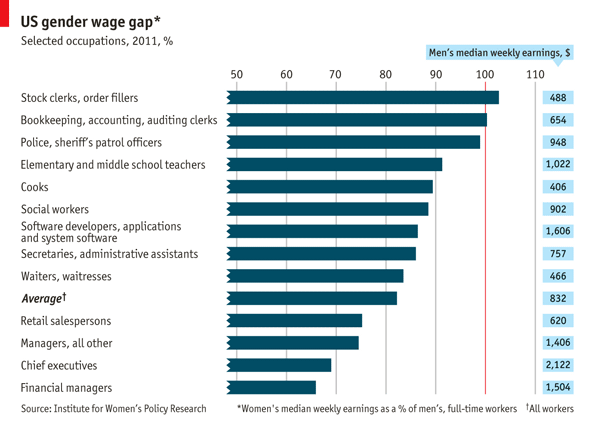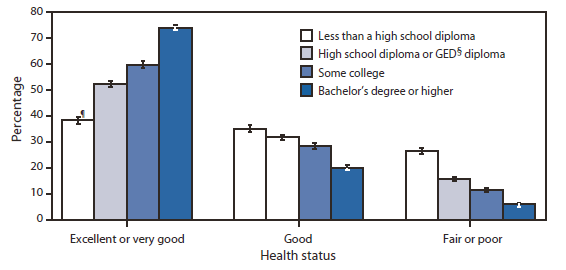Sisterhood and the glass ceiling…
What happens when some women break the glass ceiling? A few of them become authors of best-selling novels in which they deconstruct their workplace experiences and offer advice to others. This is a good thing, in the tradition of sisters helping one another out. But which sisters and what kind of advice do they offer? Perhaps the most popular and controversial of the genre right now is Lean In, authored by Facebook Executive, Sheryl Sandberg, who authored an endearingly honest and forthright book about what women need to do to overcome obstacles and move up the career ladder. What I love about Sandberg’s writing is that she has broken the code of silence about what it feels like to be a woman in corporate America. She does it with personal stories about her own insecurities and vulnerabilities as a woman manager, as well as with facts about the gendered workplace, acknowledging the uneven playing field in which a preponderance of men dominate top positions in business and government.
 I’m sure that her message resonates with thousands of professional working women across America. But Sandberg’s narrative unfortunately does not speak to women in non-professional jobs, where being assertive in the workplace doesn’t get you more; in fact, it just might get you fired. In fact, most women workers aren’t aiming for the top; they’re simply trying to make ends meet.
I’m sure that her message resonates with thousands of professional working women across America. But Sandberg’s narrative unfortunately does not speak to women in non-professional jobs, where being assertive in the workplace doesn’t get you more; in fact, it just might get you fired. In fact, most women workers aren’t aiming for the top; they’re simply trying to make ends meet.
One could argue that having women on top will make it better for all women, but that’s not necessarily the case. All the stereotypes that persist about women in the broader society – their inability to be assertive or think rationally in a crisis – become the yardsticks of assessment of women’s behavior when they are in management positions. Simply because they are women, they are judged more critically and closely. Not only is this personally uncomfortable for them; it may also affect their status in a company or government organization. Women on top must develop survival strategies to deal with pervasive sexism they experience on a daily basis.
They are subject to a dominant workplace culture in America that overvalues long hours as a measure of commitment and loyalty. This is the backdrop against which women in management – or high level positions – operate. When women upper-level managers make policies about their subordinates’ work policies, they are operating in a “gender-loaded zone”, in which their decisions may be scrutinized by their male colleagues.
We don’t need to look far to find a top female manager, Yahoo’s CEO Marissa Bayer, who offers a great example of this phenomenon with her recent announcement that she is eliminating telecommuting for her employees. http://www.forbes.com/sites/jennagoudreau/2013/02/25/back-to-the-stone-age-new-yahoo-ceo-marissa-mayer-bans-working-from-home/ This decree is counter to reams of data that support telecommuting as a cost-saving measure that may even increase worker productivity http://mindysmuses.blogspot.com/2010/12/telecommuting-its-about-time-and-place.html. In fact, the data is so strong that the U.S. now has a national telecommuting policy that applies to all federal workers, enacted as a result of the Telework Enhancement Act of 2010.
The reality is that professions that are dominated by men pay more, and those that are dominated by women pay less (e.g., programming vs. coding, doctoring vs. nursing, tenure track teaching job vs teaching kindergarten). One strategy is to encourage more women to pursue higher paid professions, and that’s fine. But this doesn’t address the devaluing of jobs that are more “gender-coded” like teaching, nursing, and anything related to caregiving work.
While I fully support the notion of women asserting themselves in the workplace (when it isn’t too risky!), many women – and men – would benefit from a range of public policies that protect their jobs and support their capacity to balance their work lives with their personal – including family – demands. In my own research on parental leave use in a large financial services corporation, I found that upper-level women didn’t use the policy AT ALL, largely because they either didn’t have kids (was this a business decision?) or because they waited until their children were older before going after upper management jobs. Women in middle-management used less leave time than they were legally allowed to take, and women in lower-level jobs took the least amount of leave time. What about men? They tended not to use the parental leave policy at all; rather, they took two weeks of vacation time after the birth or adoption of a new baby. What I found was two-fold: Given that we only have an unpaid leave policy in the U.S. (counter to most other industrial countries that provide paid leaves), family economics often called for the lower-paid worker to take time off to care for a newly arrived baby, and that was usually a woman. Moreover, the culture of the workplace rewards long hours, so that parental leave is considered time “taken” away from the job (e.g., profits) over time taken to parent, an unpaid job that is devalued by business norms. Hence the title of my book: Taking Time: Parental Leave Policy and Corporate Culture. http://www.amazon.com/Taking-Time-Women-Political-Economy/dp/1566396476
A more complete picture – one that addresses the needs of all workers – must include a set of universal policies, including pay equity to break down gendered wage differentials, paid parental leave to ensure that women AND men use leave time, flexible work policies that allow people to balance their work and personal demands, and universal child care to ensure that all young children have access to quality, affordable early care and education. In addition to offering advice about being more assertive in the workplace, we need these policies if we are to make any inroads towards changing the playing field for women and men. Moreover, for those in non-management positions, there must be formal policies as well as informal organizational support to ensure that being assertive in the workplace won’t cost them their jobs.
How can we enhance the recent messaging around women in the workplace to ensure that it addresses not only the micro level – how we as women and men operate in the context of our workplaces – but also the macro level, how workplace policies – including family policies – are needed to establish protections in the workplace?










